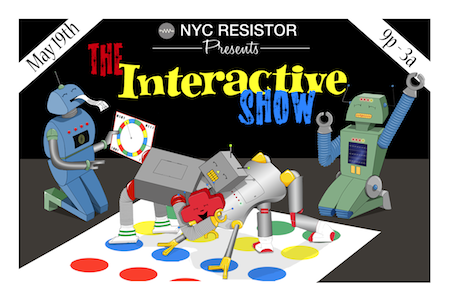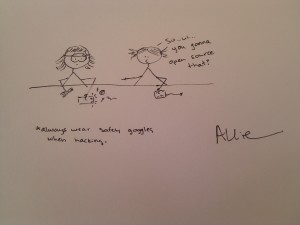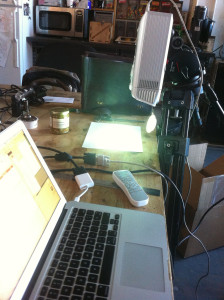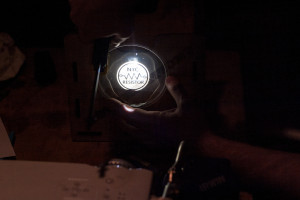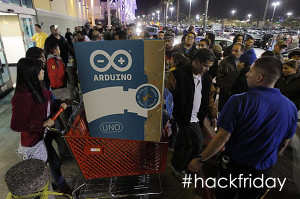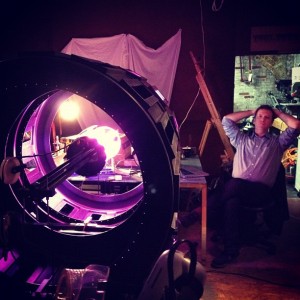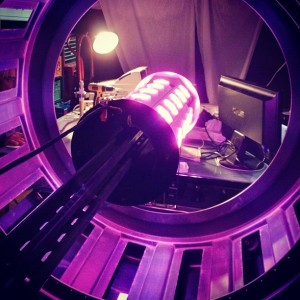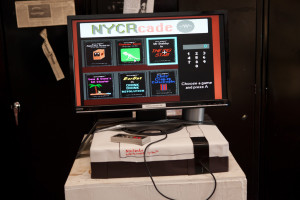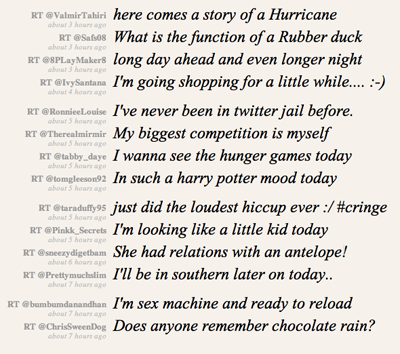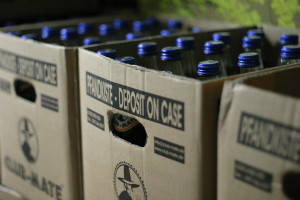Come learn the basics of iPhone and iPad development! This 3-hour class will introduce you to the high-level concepts of the iOS SDK, the Objective-C language, the Xcode IDE including Interface Builder and the iOS build system, MVC using UIKit, Apple’s most common and useful frameworks, networking using web services, and much more! This class is offered April 28 and is taught by Resistor members Chris Beauvois and Jon Santiago.
Sign up at Eventbrite: http://www.eventbrite.com/event/2837754801

